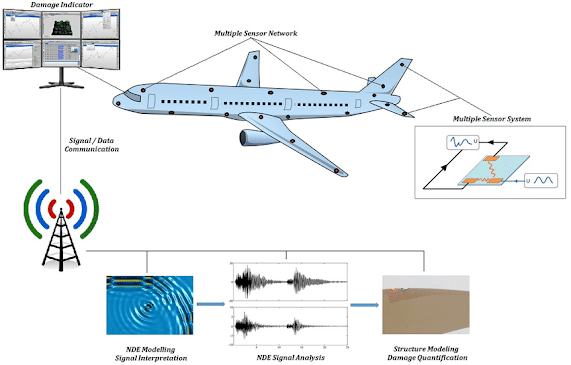𝐓𝐡𝐞 𝐅𝐮𝐭𝐮𝐫𝐞 𝐨𝐟 𝐒𝐚𝐭𝐞𝐥𝐥𝐢𝐭𝐞 𝐓𝐞𝐜𝐡𝐧𝐨𝐥𝐨𝐠𝐲: 𝐄𝐥𝐞𝐜𝐭𝐫𝐢𝐜 𝐏𝐫𝐨𝐩𝐮𝐥𝐬𝐢𝐨𝐧 𝐚𝐧𝐝 𝐁𝐞𝐲𝐨𝐧𝐝
𝐑𝐞𝐪𝐮𝐞𝐬𝐭 𝐚 𝐅𝐫𝐞𝐞 𝐒𝐚𝐦𝐩𝐥𝐞 𝐏𝐃𝐅: https://www.fortunebusinessinsights.com/enquiry/request-sample-pdf/electric-propulsion-satellite-market-105552
Electric Propulsion Satellite (EPS) is a type of satellite that uses electric propulsion systems to generate thrust and maintain its orbit in space. Unlike traditional chemical propulsion systems that use a fuel and oxidizer to generate thrust, electric propulsion systems use electric power to accelerate and expel ionized gas or plasma, typically xenon or argon.
The electric propulsion system used in EPS is more fuel-efficient than traditional chemical propulsion systems and can operate for a longer duration, allowing the satellite to remain in orbit for an extended period. However, electric propulsion systems generate a lower thrust than chemical propulsion systems, making them more suitable for missions that require long-term, low-thrust maneuvers.
EPS is commonly used in communication, Earth observation, and scientific missions due to its efficient and reliable propulsion system. It is also becoming more prevalent in the commercial space industry, where it is used for satellite servicing, space debris removal, and satellite-based internet services.
𝐌𝐚𝐣𝐨𝐫 𝐊𝐞𝐲 𝐂𝐨𝐦𝐩𝐚𝐧𝐢𝐞𝐬 𝐂𝐨𝐯𝐞𝐫𝐞𝐝 𝐢𝐧 𝐄𝐥𝐞𝐜𝐭𝐫𝐢𝐜 𝐏𝐫𝐨𝐩𝐮𝐥𝐬𝐢𝐨𝐧 𝐒𝐚𝐭𝐞𝐥𝐥𝐢𝐭𝐞 𝐈𝐧𝐝𝐮𝐬𝐭𝐫𝐲 𝐚𝐫𝐞:
- Lockheed Martin Corporation (U.S.)
- Northrop Grumman Corporation (U.S.)
- Thales Group (France)
- The Boeing Company (U.S.)
- Airbus S.A.S. (France)
- OHB S.E. (Germany)
- INVAP S.E. (Argentina)
- Accion Systems Inc.
- Aerojet Rocketdyne Holding Inc. (U.S.)
- ArianeGroup GmbH (France)
- AeroAstro Inc. (U.S.)
- SSC Roscosmos (Russia)
- Safran Group (France)
- Sitael S.p.A. (Italy)




Comments
Post a Comment